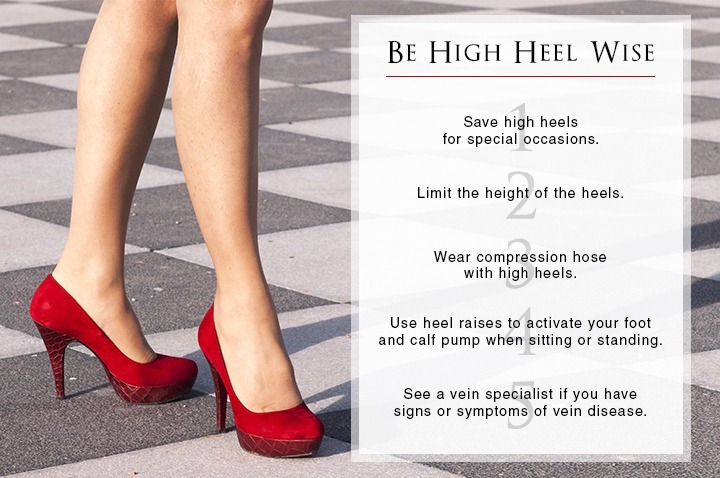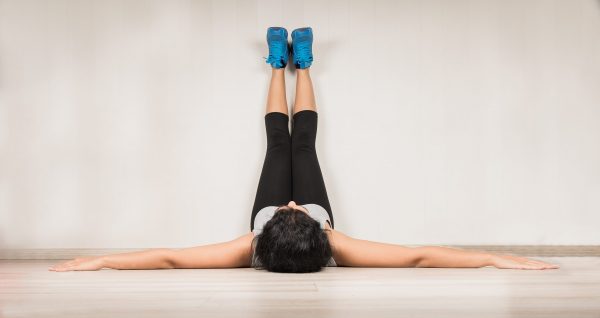Today’s busy world makes it tough for the average person to make time to exercise. While staying active is important for a healthy lifestyle, studies show that you can improve the health of your veins and circulation with one simple move: elevate your legs.
Leg elevation is proven to relieve symptoms of varicose veins and leg swelling (lymphedema). Elevating your legs lifted also helps prevent DVT (deep vein thrombosis), a common and dangerous blood clot that can travel to the lungs and cause a life-threatening PE (pulmonary embolism).
So, take a load off. If you’re reading this on your mobile device, lie back, elevate your legs, and find out how you’re improving your health by adding leg elevation to your daily routine. If you are in a situation where you cannot elevate your legs make sure to do some calf raises in place or walk in place to stimulate muscular activity to pump the venous blood back towards your heart.













